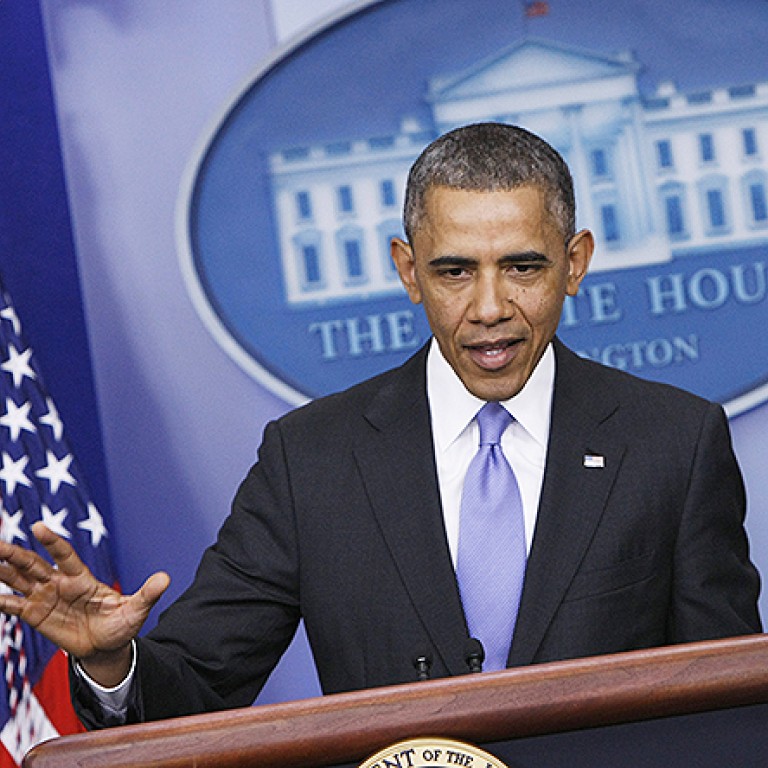
Barack Obama focuses on foreign policy in search for a legacy
Andrew Hammond says prospect of Iranian nuclear deal adds to impetus
Landmark international negotiations with Iran are due to begin again in Geneva, following the near breakthrough in reaching an interim nuclear deal during the last round of talks.
An interim deal, which could set the stage for a fuller agreement later, would reportedly see Iran's nuclear capacity capped for six months in exchange for sequenced relief from international sanctions. Remaining disagreements appear to include how to handle Iran's stockpile of highly enriched uranium which can potentially be used to produce nuclear weapons.
The seriousness of negotiations earlier this month was underscored by the fact that foreign ministers from Iran, the US, Russia, Britain, Germany and France, and the Chinese deputy foreign minister, all, unexpectedly, came together to try to break the impasse.
Prospects for success appear to have been raised by a separate deal on November 11, whereby Iran reached a "road map for co-operation" with the International Atomic Energy Agency. This includes allowing UN inspection of key sites.
It is clear that the Obama administration wants a deal, despite the concerns of US allies like Israel and Saudi Arabia, and a significant number of legislators in the US Congress, which is considering measures to impose new sanctions on Iran that could torpedo the international negotiations. Secretary of State John Kerry has now spent more time negotiating with Iranian officials than any other US high-level engagement for perhaps three decades.
The Iranian talks, combined with continued uncertainty in Syria and Egypt, has refocused Washington's attention towards the Middle East. In addition, the administration has spent significant political capital resuming Israeli-Palestinian peace talks.
Intensified US focus on the Middle East has accentuated a shift, common to many recent re-elected presidents, of increased focus on foreign policy in second terms. In part, this reflects the fact that presidents often see foreign policy as key to the legacy they wish to build.
But the Middle East is only one of two regions where Obama is looking for a legacy. Since he was elected in 2008, Asia in general, and China in particular, has assumed greater importance in US policy. To this end, Obama is seeking to continue the so-called pivot towards Asia through landmark initiatives like the Trans-Pacific Partnership.
Key threats, however, remain on the horizon, including a dramatic, sustained escalation of tension in the Middle East.
The likelihood of Obama concentrating more on foreign policy also reflects domestic US politics, particularly the intense polarisation and gridlock of Washington. Since re-election, Obama has achieved little domestic policy success. His gun control bill was defeated, immigration reform faces significant opposition in the Republican-controlled House of Representatives, and the prospect of a long-term budgetary "grand bargain" with Congress looks unlikely. Moreover, implementation of his landmark health-care initiative has been botched.
Even if Obama escapes further significant problems, he will not be able to avoid the "lame duck" factor, particularly as the focus switches to the November 2014 congressional ballots, when the 2016 presidential election campaign kicks into gear.
Taken overall, the Iranian diplomatic progress and wider events in the Middle East are likely to accentuate Obama's focus on foreign policy - which Congress has less latitude over - in his remaining period of office. And this shift is only likely to be reinforced if, as anticipated, the US economic recovery continues to build up steam next year.

